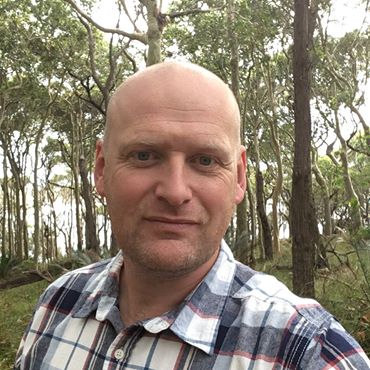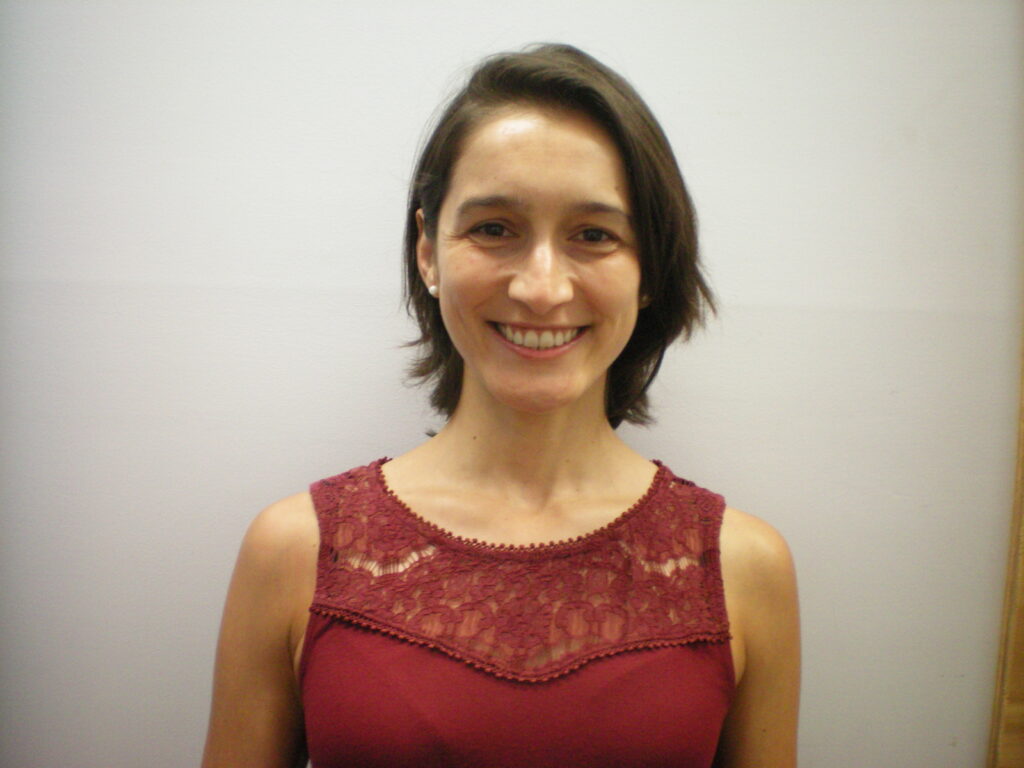Bioplastics and renewable plastic production: challenges and opportunities
Facilitated by Dr Albert Ardevol Grau (CSIRO) and Professor Namita Choudhury (RMIT University)

Dr Colin Scott (Bioplastics Innovation Hub, CSIRO-Murdoch University)
The CSIRO/Murdoch Bioplastics Innovation Hub
Established in 2022, the CSIRO/Murdoch/Industry Bioplastic Innovation Hub’s (BIH’s) research and development will aid industry in establishing an advanced bioplastics manufacturing sector and commercialise bioproduced and fully compostable plastics. The BIH will achieve this via a program of work that covers both fundamental and translational research and development.

Professor Bronwyn Laycock (The University of Queensland)
The degradation and biodegradation of biodegradable plastics at end of life
Plastic waste in the environment is a major global issue, with >10 MTonne leaking into our marine waters every year. As part of the solution to this problem, there is a global push to find truly biodegradable substitutes with good and commercially relevant properties, for applications such as single use packaging and controlled release products, where biodegradability is an attractive or essential asset. However, understanding the degradation and biodegradation processes of these materials and predicting their lifetimes is a non-trivial challenge. This talk will cover our recent discoveries and fundamental research related to biodegradable polymer degradation, and the considerations this brings into play with implementing appropriate waste management systems for such materials.

Shaman Gaspar (Infors)
Bioprocess trends and solutions, facing the challenges encountered in biopolymer production
Biopolymer production in bioreactors is very often subjected to intricate challenges often not found in other microbial processes. The way forward was to engineer novel means to resolve these obstacles. The solutions from Infors HT include tangible cost-effective strategies which is pragmatic in nature culminated from 20 years of experience in the field.

Dr Valentina Hurtado McCormick (CSIRO)
Bioprospecting microalgae and cyanobacteria from wastewaters to produce sustainable plastics
Promising advances in biodegradable plant-based plastics are controversial because these may compete with forecasted demands for food supplies. Microalgae and cyanobacteria offer competitive biological models for optimal production of various bioplastic precursors, including polyhydroxyalkanoates (PHA). In principle, aqueous environments within mine sites and wastewater treatment plants are suitable for PHA intracellular accumulation, but our understanding of i) microalgal/cyanobacterial cultivation in contaminated waters and its effects on the microorganisms and their feedstocks, and ii) the biodiversity of these microbes in waste for commercially viable plastics, is still very limited. Our process-oriented
bioprospecting efforts aim to produce bioplastic precursors at the desired scales.
Presentation not available. Please contact the presenter directly.

Professor Naba Dutta (RMIT University)
Eco-bio sanitary pads: reducing period poverty and advancing environmental sustainability
Menstruation is a natural biological process with >800 million people menstruating each day. Women and girls can struggle to manage their menstrual hygiene with dignity and need to have access to menstrual health and hygiene (MHH) products that are safe, comfortable, sustainable and ecologically friendly. The menstrual products in many low and middle-income countries (LMICs) are not accessible or affordable. Here we will present a focus on innovations in materials science for transformative MHH products, which are low-cost, sustainable and more accessible ‘to meet the needs of women and girls in LMIC, who face challenges to managing their menstrual periods with discretion and dignity. We explore to address these societal issues by developing 100% eco-friendly, safe, sustainable and disposable eco-bio sanitary pads with exceptionally high fluid-absorption efficiency, made from abundant and low-cost biopolymers and agricultural by-products.

Rowan Williams (BASF/Australasian Bioplastics Association)
The value of certification for the growth of the bioplastics market in Australasia
The Australasian Bioplastics Association (ABA) is the peak body for the bioplastics industry in Australia and New Zealand. As well as advocating for the appropriate use of bioplastics, the ABA runs a number of verification schemes for bioplastic products.
A new verification scheme for certified soil biodegradable mulch film was launched in 2023, and a supplier has recently become the first in Australia to gain certification for their soil biodegradable mulch film. Certified soil biodegradable mulch film is certified to ISO 23517: 2021 ‘Plastics — Soil biodegradable materials for mulch films for use in agriculture and horticulture’. The ‘Soil Biodegradable’ logo clearly identifies and differentiates materials and products as biodegradable in soil. To be certified and carry the Soil Biodegradable logo, suitable biopolymer materials must undergo a stringent test regime described in ISO 23517, undertaken by recognised independent laboratories accredited to the ISO 23517 standard.
